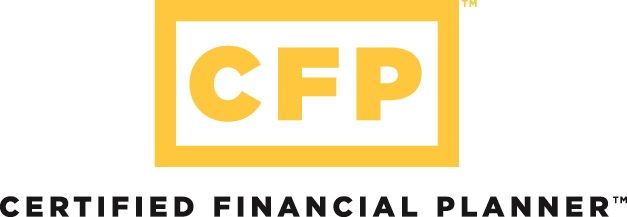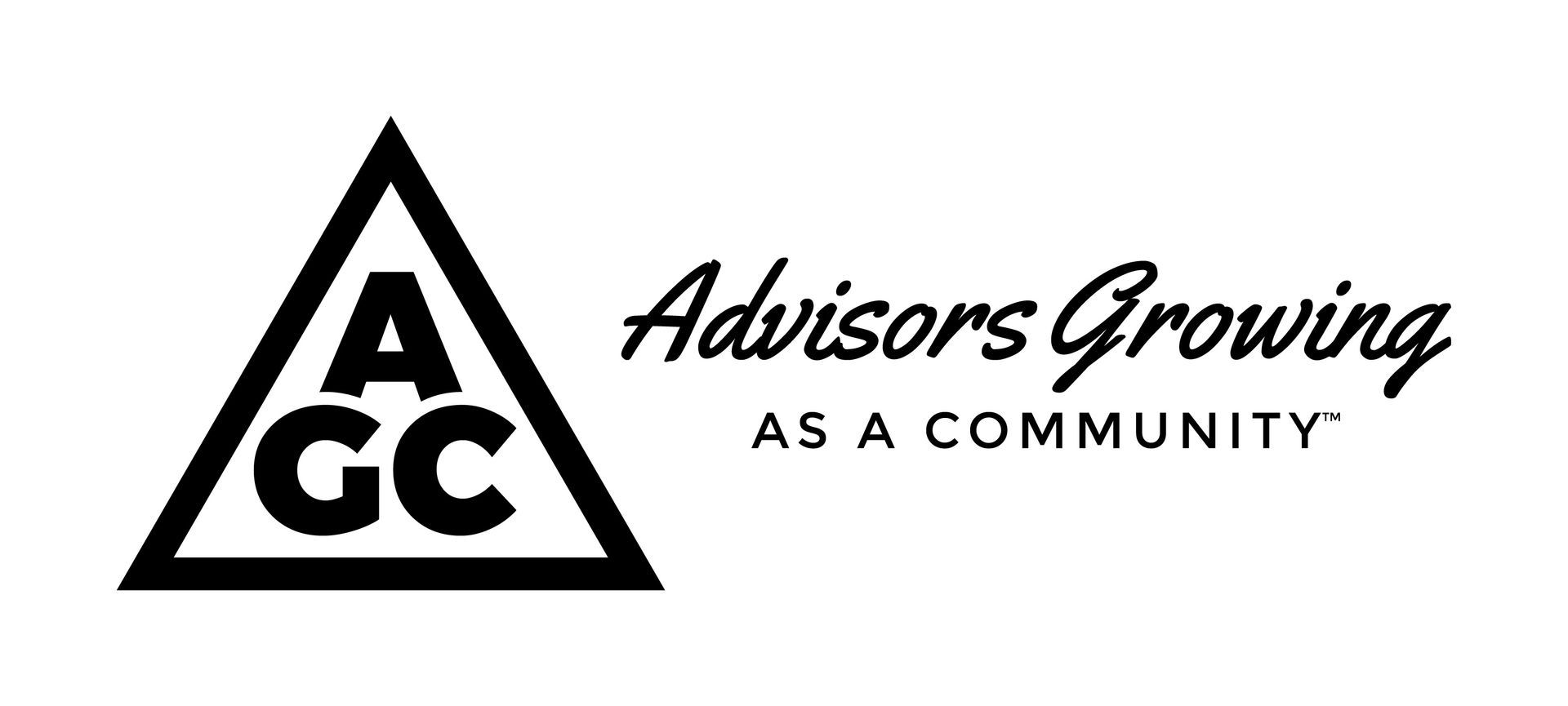What Is Systemic Risk?
We all remember the 2008 financial crisis and recession, as millions of people lost their jobs, homes, and ways of life. While a lot of factors contributed to this economic disaster, one term can cover nearly all of them: systemic risk. Let's look at what systemic risk is and how it can impact your behavior as an investor.
What is Systemic Risk?
According to the CFA Institute, systemic risk is "the risk of a breakdown of an entire system rather than simply the failure of individual parts." This could mean a lot of different things, but in finance, it refers to the risk of a cascading failure in the financial sector.1
Any financial system has some level of systemic risk, but policymakers seek to limit this risk by closely monitoring the market, analyzing global trends, and creating reforms to help protect people and their finances.
For example, the Obama Administration signed the Dodd–Frank Wall Street Reform and Consumer Protection Act into law in July 2010 as a response to the 2008 financial crisis. The idea behind this legislation was to make the US financial system safer for consumers and taxpayers by establishing new government agencies to oversee our financial system. While it's impossible to limit all systemic risk, there are steps that the government and consumers can take to prevent something like the 2008 financial crisis from happening again.2
How Systemic Risk Impacts Investors
While individual investors can't protect themselves from systemic risk completely, looking at the concept does teach us a lot of important lessons about investing and risk tolerance. For example, you can use current events or your personal research to diversify your portfolio and hedge against potential risks.
In addition to analyzing current trends and market conditions, we can use systemic risk as motivation to diversify our assets. Most financial professionals will always recommend a diversified portfolio that's aligned with your personal risk tolerance.
Systemic risk and market risk aren't equivalent, but they do raise the question, "How much risk is too much?" The answer to this question depends on your own personal risk tolerance.
Looking at systemic risk also makes us more skeptical of companies that are "too big to fail." For example, Lehman Brothers' "size and integration" into the US economy made it a source of systemic risk. When the firm collapsed, it "created problems throughout the financial system and the economy."3
This risky "too big to fail" ideology is one of the reasons why the financial crisis of 2008 happened, prompting individuals to do research on their own investment decisions. It's dangerous to blindly trust any company, big or small, without doing the proper research.
As an investor, it's important to understand our economy as a whole and how things like systemic risk impact our daily lives and investments. The 2008 financial crisis was a big wake-up call for Americans and politicians, as we realized that without the proper checks and balances in place, things can go horribly wrong.
But with diligent oversight, responsible companies, and educated investors, we can begin to protect ourselves from systemic risk. Understanding systemic risk is a good way for investors to understand the overall impact of risk on their portfolios.
- https://www.cfainstitute.org/en/advocacy/issues/systemic-risk
- https://www.cfainstitute.org/en/advocacy/issues/dodd-frank-rollback
- https://www.investopedia.com/terms/s/systemic-risk.asp
This content is developed from sources believed to be providing accurate information, and provided by Twenty Over Ten. It may not be used for the purpose of avoiding any federal tax penalties. Please consult legal or tax professionals for specific information regarding your individual situation. The opinions expressed and material provided are for general information, and should not be considered a solicitation for the purchase or sale of any security.
The Lakehouse Family Wealth Blog


All Rights Reserved | Lakehouse Family Wealth, LLC.
Lakehouse Family Wealth is a division of and trade name of Lakehouse Family Wealth, LLC. , an independent financial services office located in Concord Twp., Ohio. All Rights Reserved.
Check out my background on FINRA’s BrokerCheck: https://brokercheck.finra.org/
Benjamin A. Simerly, CFP® is a Registered Representative. Securities offered through Cambridge Investment Research, Inc. a Broker/Dealer, Member
FINRA
/
SIPC. Advisory services offered through Cambridge Investment Research Advisors, Inc., a Registered Investment Advisor. Lakehouse Family Wealth is not affiliated with Cambridge. Cambridge does not offer tax or legal advice. Fixed insurance services, if requested by a client or prospect (though we don't generally like them) are offered through Lakehouse Family Wealth , llc.
Office of Supervisory Jurisdiction located at: 1776 Pleasant Plain Road, Fairfield, IA 52556
Fidelity Investments and National Financial Services LLC (together "Fidelity") is an independent company unaffiliated with Cambridge or Lakehouse Family Wealth, LLC. Fidelity is a service provider to both. There is no form of legal partnership, agency affiliation, or similar relationship between your financial advisor and Fidelity, nor is such a relationship created or implied by the preparation of the content or information herein. Fidelity is a registered service mark of FMR LLC. Fidelity Institutional® provides clearing, custody, or other brokerage services through National Financial Services LLC or Fidelity Brokerage Services, LLC members NYSE, SIPC.
Please be advised that, presently, Benjamin A. Simerly, CFP® holds Series 7 and 66 licenses OH, CA., DC, IL, MD, and SC. For residents of other states in which registration is not held, proper licenses and registrations must be obtained by Benjamin A. Simerly, CFP® before proceeding further.
Cambridge’s Form CRS (Customer Relationship Summary)
A full list of disclosures can be found
here.


All Rights Reserved | Lakehouse Family Wealth, LLC.
Lakehouse Family Wealth is a division of and trade name of Lakehouse Family Wealth, LLC. , an independent financial services office located in Concord Twp., Ohio. All Rights Reserved.
Benjamin A. Simerly is a Registered Representative. Securities offered through Cambridge Investment Research, Inc. a Broker/Dealer, Member
FINRA
/
SIPC. Advisory services offered through Cambridge Investment Research Advisors, Inc., a Registered Investment Advisor. Lakehouse Family Wealth is not affiliated with Cambridge. Cambridge does not offer tax or legal advice. Fixed insurance services, if requested by a client or prospect (though we don't generally like them) are offered through Lakehouse Family Wealth , llc.
Office of Supervisory Jurisdiction located at: 1776 Pleasant Plain Road, Fairfield, IA 52556
Please be advised that, presently, Benjamin A. Simerly holds Series 7 and 66 licenses OH, CA., IL, MD, and DC. For residents of other states in which registration is not held, proper licenses and registrations must be obtained by Benjamin A. Simerly before proceeding further.
Cambridge’s Form CRS (Customer Relationship Summary)
A full list of disclosures can be found
here.
All Rights Reserved | Lakehouse Family Wealth, LLC.
Lakehouse Family Wealth is a division of and trade name of Lakehouse Family Wealth, LLC. , an independent financial services office located in Concord Twp., Ohio. All Rights Reserved.
Benjamin A. Simerly is a Registered Representative. Securities offered through Cambridge Investment Research, Inc. a Broker/Dealer, Member
FINRA
/
SIPC. Advisory services offered through Cambridge Investment Research Advisors, Inc., a Registered Investment Advisor. Lakehouse Family Wealth is not affiliated with Cambridge. Cambridge does not offer tax or legal advice. Fixed insurance services, if requested by a client or prospect (though we don't generally like them) are offered through Lakehouse Family Wealth , llc.
Office of Supervisory Jurisdiction located at: 1776 Pleasant Plain Road, Fairfield, IA 52556
Please be advised that, presently, Benjamin A. Simerly holds Series 7 and 66 licenses OH, CA., IL, MD, and DC. For residents of other states in which registration is not held, proper licenses and registrations must be obtained by Benjamin A. Simerly before proceeding further.
Cambridge’s Form CRS (Customer Relationship Summary)
A full list of disclosures can be found
here.


